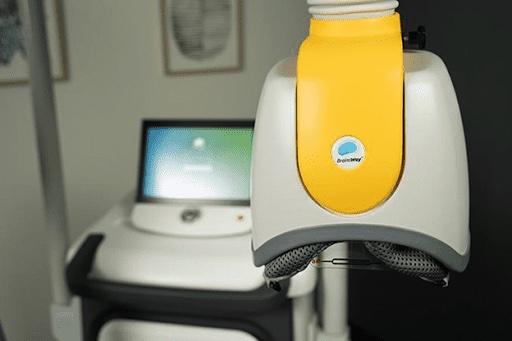Mental health treatment options are more diverse than ever. And with an influx of research on the various types of treatments out there, it is easier to decipher which form of therapy may be right for you. One such option is Deep transcranial magnetic stimulation (or Deep TMS), a noninvasive, medical device treatment that has been FDA-cleared to treat a number of mental health conditions, such as depression/anxious depression, obsessive-compulsive disorder (or OCD), and is the only TMS device cleared to treat smoking addiction.
An important consideration when deciding on a treatment is how long improvement or remission will last. With TMS, maintenance treatments are common. Read on to find out more about this stage of TMS therapy.

Proven to be both safe and effective, Deep TMS has been FDA-cleared for its ability to safely treat the following conditions:
TMS has also been shown to provide a highly tolerable treatment process that does not cause any severe or long-lasting side effects. The most common side effect among those undergoing this treatment is a local, passing headache at the targeted brain site, which often goes away after the first session.
In addition to its proven effectiveness as a standalone treatment, TMS can also be combined with other types of treatment, such as medication. Together, this combined approach can elevate the treatment plan’s overall efficacy.

Patients normally feel significant symptom alleviation during the acute phase of the TMS treatment process, leaving them to question the need for the maintenance stage, and to ask, “Do I need TMS maintenance therapy?”
The importance of TMS maintenance treatments stage lies in their ability to sustain improvements made to the patient’s well-being. A study from 2010 confirmed this, citing that roughly half of patients who had displayed significant depression symptom alleviation during the acute phase were able to sustain that improvement during the maintenance phase.
An additional study from 2015 similarly found that TMS maintenance is associated with reduced relapse incidentsin cases with major depression. When comparing patients who had undergone maintenance therapy to those who had not, the difference was clear: initially, both groups showed a significant reduction in depressive symptoms rates. However, at a six-month follow-up, the depression rate of patients who had not had maintenance TMS sessions was found to have significantly increased. Conversely, patients who had undergone TMS maintenance therapy over this time period were found to still have relatively low rates of depressive symptoms.
Such research findings highlight the necessity of considering the immediate treatments as well as how to ensure long-term relief. Treatment options like Deep TMS provide a comprehensive plan that sees the patient through some of their darker moments, as well as their everyday life.